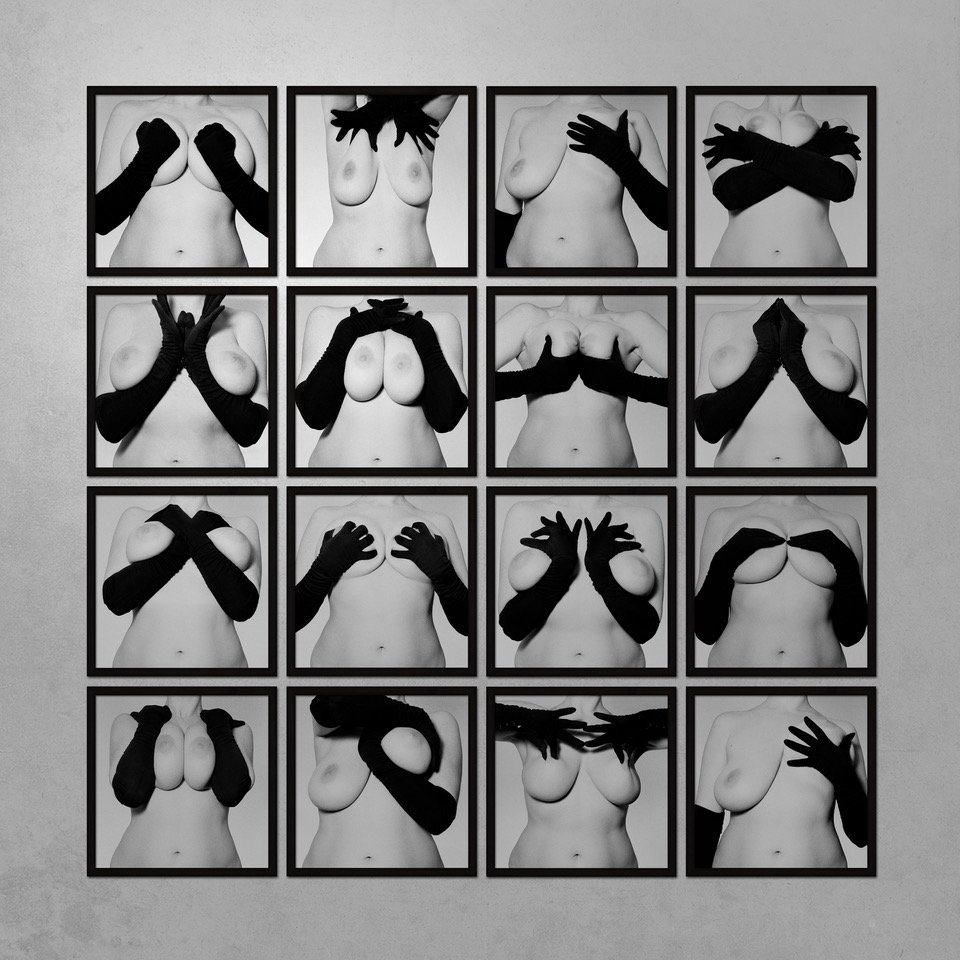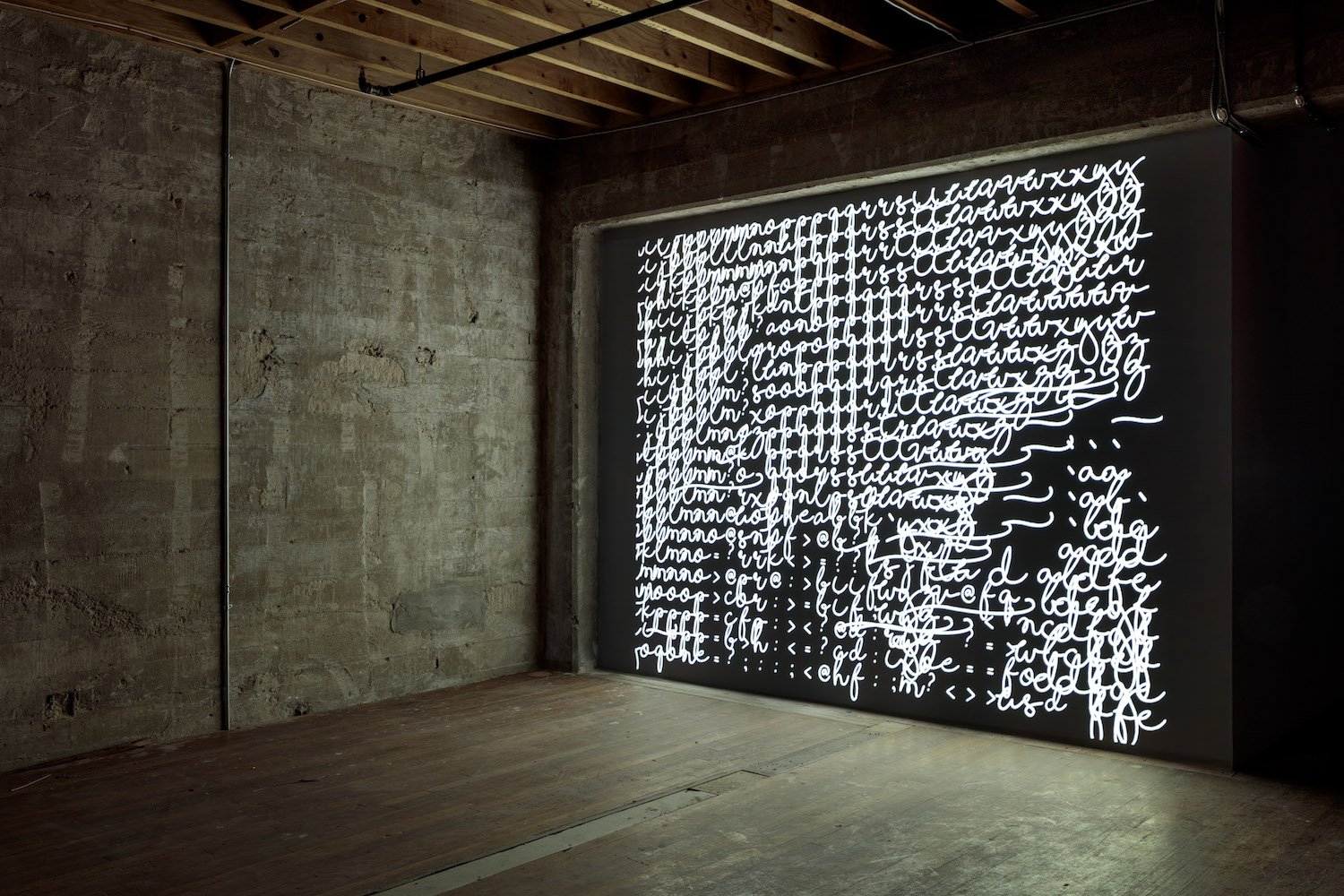Annie Sprinkle "Bosom Ballet" 1990-91, courtesy the artist
From the auction house to the titty bar, the art fair to the witches’ retreat, Sarah Thornton has moved her ethnographic eye from the art world to the titty world—and we are all better for it. Tits Up: What Sex Workers, Milk Bankers, Plastic Surgeons, Bra Designers, and Witches Tell Us about Breasts explores what breasts mean to five different breast-experts. The result is an ambitious collage of uplifting sagas (also the original name for Thornton’s book before the publisher asked her to change it). Thornton and I met over Zoom to talk about some of these lived experiences, particularly her own—everything from what inspired her to write the book in the first place to how writing it changed her relationship to her own body. Read more.


